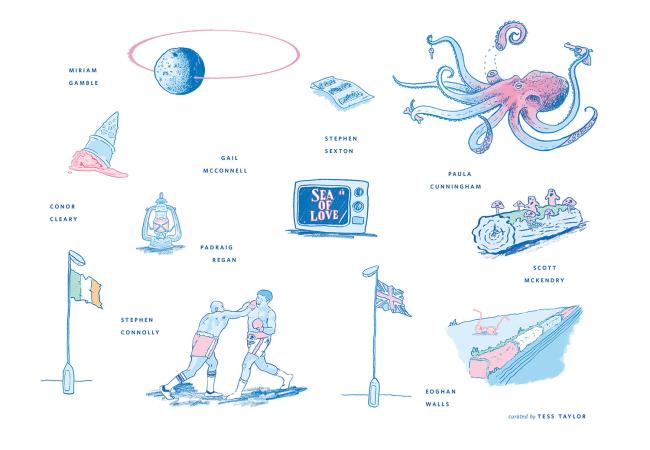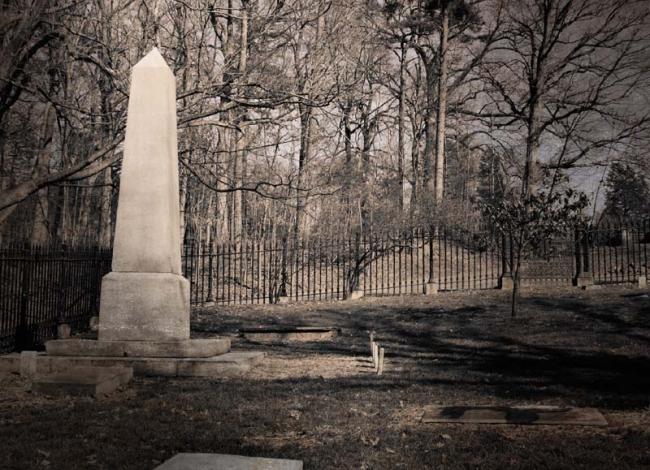
Tess Taylor
Biography
Tess Taylor is the author of five collections of poetry, most recently Last West and Rift Zone, both from Red Hen. Her work has appeared in the Atlantic, Poetry, the Times Literary Supplement, CNN, and the New York Times, and she has received fellowships from MacDowell, Headlands Center for the Arts, and the International Center for Jefferson Studies. She was a Fulbright scholar at the Seamus Heaney Centre in Queen’s University in Belfast, Northern Ireland, and has served as the poetry critic for All Things Considered for over a decade. She teaches poetry and nonfiction at the University of California, Davis.



